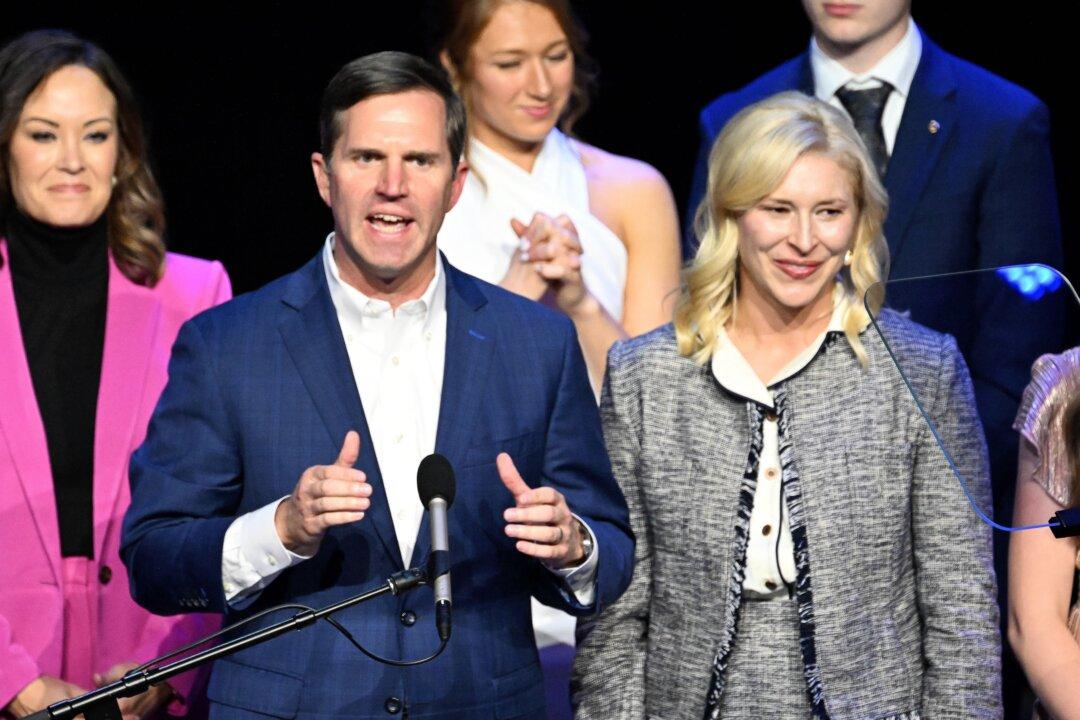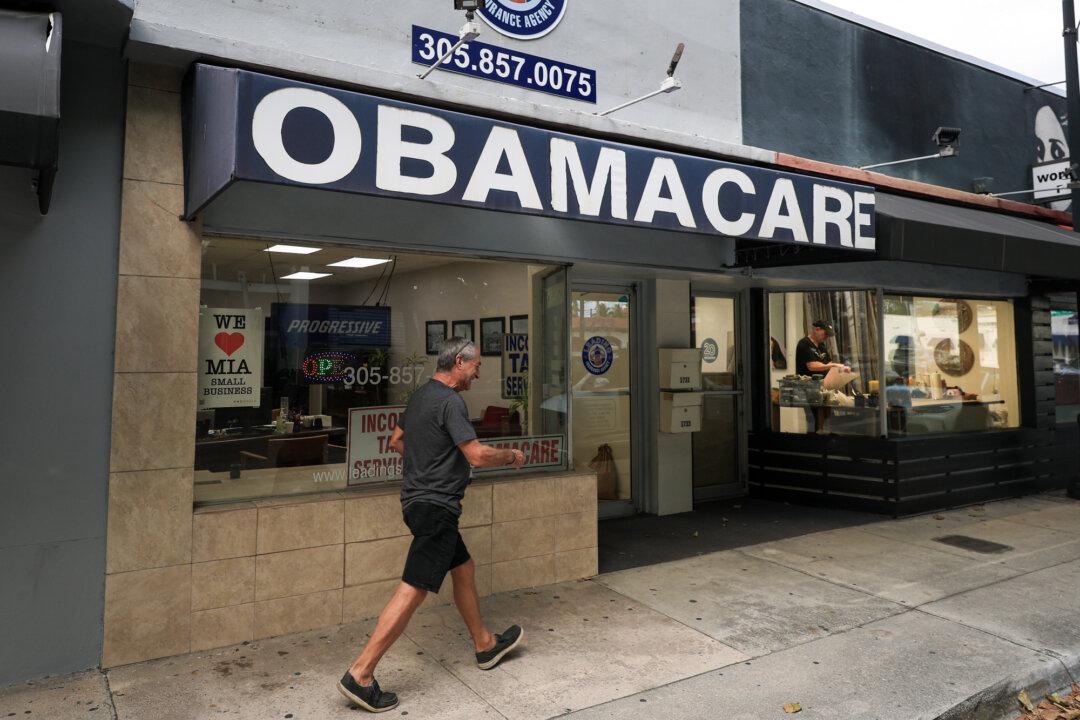Voters decided a number of statewide elections and ballot questions on Nov. 7 that gave clues to shifts taking place in American politics.
Gubernatorial races in Kentucky and Mississippi, statehouse contests in Virginia, and ballot measures in Ohio reveal a changing Republican party, the problem with influencing out-of-state races, and the possible emergence of a middle ground in America’s increasingly polarized political landscape.





